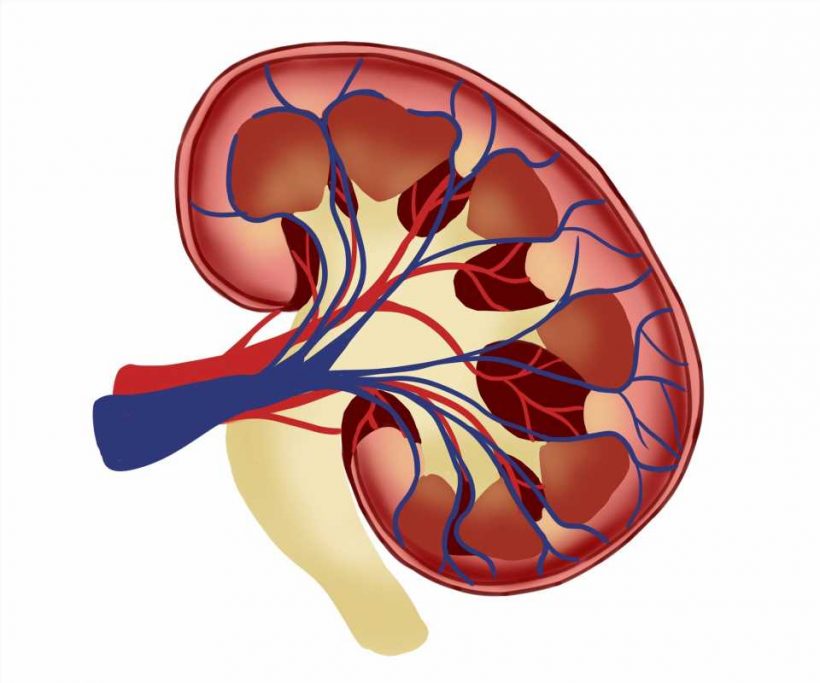
Maternal health may play an important role in helping prevent kidney disease, according to a Monash University study that found the risk of developing the disease in adult life is partially determined at birth.
The study shows for the first time that some people are born with a double protection against future kidney disease, while others have double the risk of poor kidney health.
About 800 million people worldwide suffer from chronic kidney disease. While diabetes is the most common cause, the research shows some people have a greater protection against predisposition to future kidney disease than others.
The study, undertaken in collaboration with Tokyo’s Jikei University School of Medicine and published in the journal Kidney International, analyzed 50 kidneys from adult donors. First author and Jikei University Adjunct Associate Professor (Research), Dr. Kotaro Haruhara, examined the kidney’s key filtering mechanism with fellow researchers—homing in on the organ’s blood filters, known as glomeruli, and analyzed their individual cells, called podocytes.
It’s known that the more podocytes present, the healthier the kidney. But researchers discovered for the first time that kidneys with more glomeruli (filters) also contain more podocytes per filter. This means that people with more glomeruli not only have more units of podocytes overall, but these cells are more concentrated in each filter.
Lead author Professor John Bertram, of Monash Biomedicine Discovery Institute, said the research was a major breakthrough in understanding kidney disease risk, as some people have as few as 200,000 glomeruli, while others have more than 2 million.
“The study showed for the first time that human kidneys with more blood filters (glomeruli) contained more podocytes per filter,” Professor Bertram said.
“Given that humans are born with all of their glomeruli and podocytes, our findings suggest that some people are born with a kind of double protection against kidney disease, whereas others are born with a double risk.”
Professor Bertram said premature babies and newborns with a low birthweight typically had fewer glomeruli and an increased risk of chronic kidney disease and hypertension (high blood pressure). While nothing can be done to increase the number of kidney filters post-birth, as they are fixed by 36 weeks gestation, maternal diet and nutrition can help maximize these numbers in the womb.
“Ideally a baby will be born at term and with an appropriate weight; however, much of this is beyond the mother’s control,” Professor Bertram said.
“Nevertheless, studies in humans and animal models have demonstrated that poor maternal nutrition, exposure to alcohol, vitamin deficiency, gestational diabetes and so on can result in offspring with low glomerular number.”
Professor Bertram said while more research was required into podocyte endowment, early discoveries showed expectant mothers could reduce their babies’ future kidney disease risk by abstaining from alcohol and eating a balanced diet.
The same lifestyle advice can also reduce risk later in life.
Source: Read Full Article






